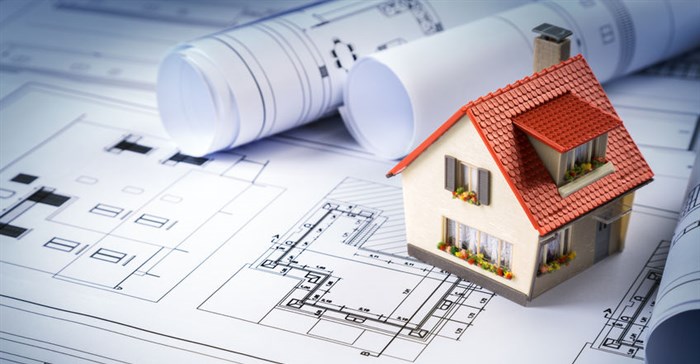
Perhaps one of the biggest reasons that certain owners opt to build their own home is the fact that they can customise it to suit their individual preferences. He adds that a new home is also more energy efficient, especially with more energy-saving elements being introduced to the market in recent years. Opting for a new home can also be a health benefit, as purchasing an older home the owner runs the risk of being exposed to certain toxic materials, such as asbestos, lead paint and mould.
Despite the perks, there is also a downside to building a home, such as the fact that often the estimated costs are rarely accurate and the project can cost substantially more than initially expected. There is also the task of finding the right contractor for the job. One of the first aspects that need to be considered and researched thoroughly is the competency of the builder. The success of a building project will largely be based on how competent the contractor is to complete the endeavour in a professional manner and within the allotted time period. Regardless of whether it is building a home from the ground up or merely taking on a renovation project – using the right contractor is essential. Perhaps the riskiest part of building a home is the construction, which is why it is so important to scrutinise the builder’s credentials and track record. Below standard workmanship will cause issues down the road and will be costly to rectify at a later stage – not to mention the fact that the home will be unsafe for its occupants.
If an owner has decided to build their home, they should ensure that the builder they chose to work with is certified with the National Home Builders Registration Council (NHBRC). The aim of the NHBRC is to reduce the risk of subpar workmanship as much as possible and ensure that only qualified and experienced contractors are used to build homes. For their own protection homeowners should only use building contractors who are affiliated to the organisation. To a large degree this will ensure that the standard of workmanship is up to standard and provide some protection against defects occurring from substandard building. In the instance where the build has been financed, the bank will insist that the builder is a registered member of the NHBRC before releasing the necessary money.
Timing is another aspect that requires careful consideration. If the property has not been completed within the expected time frame, it can have some harsh financial implications. During the time that the home is being built, the owner will require accommodation until the property is habitable. Either the owner needs to stay with friends or family, which is cost effective but sometimes inconvenient, or the owner will have to incur the additional cost of renting a home while they wait - bearing in mind that the owner will also be paying for the land and building costs of their new property. A delay in the project can cause a financial setback if the owner is not prepared, as they will be liable for the additional expenses over a longer time period than what they originally anticipated.
If a bank is financing a building project, the owner is required to provide several documents such as the building plans, which should include a schedule of finishes to determine the property’s market-related value once it is complete. These documents will be used to determine the size of the loan granted within the parameters of the bank’s credit policy. Irrespective of whether buyers decide to purchase an existing home or build one, in most cases they will be required to have a deposit. However, due to the higher risk involved with building a home, the deposit required in order to finance the build of a home will be higher.
Along with the risk involved in building, there is also the chance that the cost of the project will be greater than what the buyer would pay if they had to purchase an existing property with similar features. Numerous factors can have an influence on the cost of the project and need to be taken into account before any decision is made. However, despite the risk and possible complexities of building a home, many owners would still prefer to have the creative freedom to design their own home, even if the financial cost is higher.
Both building a home and buying an existing home have their pros and cons. The answer to what would be a better option will be based on the owner’s personal preference, individual requirements and financial situation. Regardless of the option that the owner chooses, property should always be viewed as a long-term investment and the necessary research should be done in order to make an informed decision.
